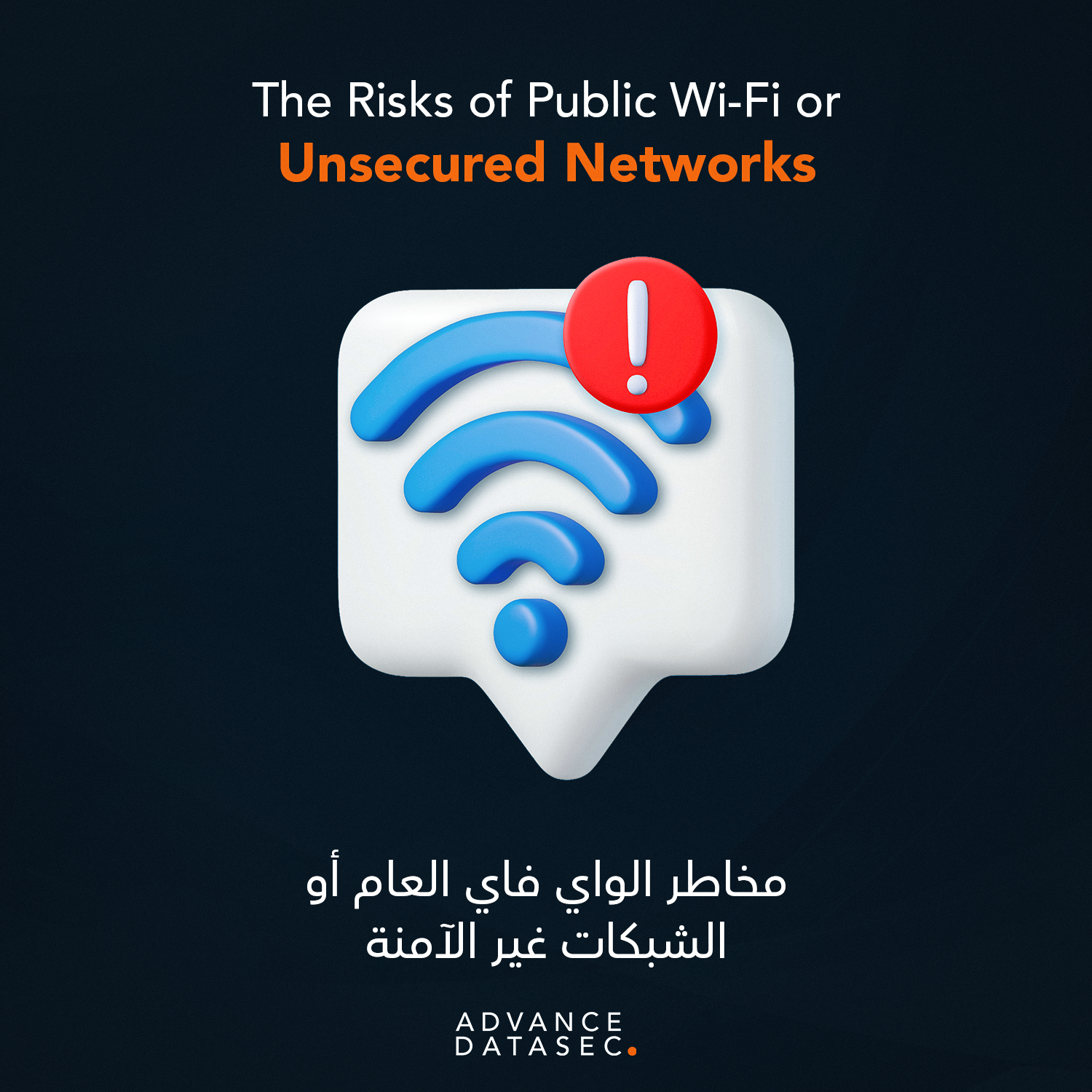Compliance is Not Optional, It’s the Backbone of Trust
The Kingdom of Saudi Arabia (KSA) is undergoing a massive digital transformation, driven by Vision 2030. As public and private sectors rapidly digitize, the need for robust cyber defenses has moved from an IT concern to a national security priority. Consequently, the Cybersecurity Requirements in Saudi Arabia have become some of the most rigorous and clearly defined in the Middle East.
For any organization operating within the Kingdom—particularly those handling critical national infrastructure data, financial information, or public sector services—understanding and adhering to these mandates is non-negotiable. Non-compliance not only results in severe financial penalties and operational disruption but also jeopardizes the national vision for a secure digital economy.
This comprehensive guide breaks down the essential cybersecurity frameworks, explores the core compliance standards, and outlines how your organization can achieve and maintain alignment with the stringent Cybersecurity Requirements in Saudi Arabia.
1. The Apex Authority: Understanding the Role of the NCA
The primary authority governing cybersecurity standards across the Kingdom is the National Cybersecurity Authority (NCA). Established by Royal Decree, the NCA’s mission is to strengthen the nation’s cyberspace, protecting national interests, vital infrastructure, and sovereign data.
The NCA develops and oversees the implementation of binding frameworks applicable to government entities, critical national infrastructure (CNI), and private sector entities that manage sensitive data or services. Its key frameworks define the Cybersecurity Requirements in Saudi Arabia:
A. NCA Essential Cybersecurity Controls (ECC)
The ECC framework is the foundational baseline, providing mandatory controls that all organizations under the NCA’s scope must adopt. These controls cover core areas like governance, risk management, and basic defensive measures.
B. NCA Critical Cybersecurity Controls (CCC)
The CCC is a more rigorous set of requirements designed specifically for organizations that own, operate, or host Critical National Infrastructure (CNI) services. Compliance with the CCC requires advanced controls in areas such as resilience, threat intelligence, and highly detailed incident response capabilities.
2. Industry Deep Dive: SAMA and Other Sector-Specific Mandates
While the NCA provides the overarching national framework, industry regulators also issue their own specialized standards, integrating national requirements with sector-specific risks.
The SAMA Cybersecurity Framework (SAMA CSF)
The Saudi Central Bank (SAMA) governs the financial sector, including commercial banks, insurance companies, and payment service providers. The SAMA CSF is a prescriptive framework that integrates global standards (like NIST and ISO 27001) with the NCA’s baseline.
Key Requirements of SAMA CSF:
- Cyber Resilience: Mandating strategies and controls to quickly recover from disruptive cyber events.
- Third-Party Risk Management: Strict controls over vendors and service providers, ensuring the security posture of the supply chain.
- Security Incident Management: Detailed requirements for establishing a robust cyber incident response plan and conducting drills.
- Technology & Operations: Deep technical requirements for securing network architecture, applications, and endpoints.
Other Key Regulators:
- CITC (Communications and Information Technology Commission): Oversees the telecom and IT sectors.
- Ministry of Health & Other Government Bodies: Impose specific data localization and protection mandates based on the nature of the information they handle.
3. The Pillars of Compliance: Core Cybersecurity Requirements
Regardless of the specific framework (NCA, SAMA, etc.), successful compliance hinges on developing maturity across several foundational pillars. These are the practical, real-world aspects of the Cybersecurity Requirements in Saudi Arabia that businesses must address:
Pillar 1: Governance, Risk, and Compliance (GRC)
This is the strategic component. Compliance starts with documentation and accountability.
- Risk Assessments: Conducting thorough and regular cyber risk assessments to identify, analyze, and evaluate potential threats and vulnerabilities.
- Policy Development: Establishing clear, documented, and approved policy development in cyber security, ensuring internal procedures align with regulatory mandates.
- Audit & Certification: Performing independent information security audit services to verify compliance status and providing certification support service to achieve formal recognition.
Pillar 2: Proactive Security (Offensive Services)
Compliance requires organizations to not just say they are secure, but to prove it by actively hunting for weaknesses.
- Vulnerability Assessment and Penetration Testing (VAPT): Mandatory regular testing of systems, including web application penetration testing and network penetration testing services, to identify and remediate flaws before attackers exploit them.
- Source Code Review: Ensuring secure software development life cycle services by analyzing proprietary code for inherent security flaws.
Pillar 3: Defensive Readiness
If an incident occurs, the regulatory requirement is to respond effectively and efficiently.
- Cyber Incident Response Service: Having a pre-defined and tested plan that outlines communication, containment, and recovery steps.
- Endpoint Security: Implementing advanced endpoint security services (EDR) for comprehensive visibility and protection across all user devices.
- Training and Awareness: Conducting mandatory cybersecurity awareness training services (including simulated phishing campaigns) to mitigate the human element of risk, which is critical for compliance with NCA’s directives on workforce readiness.
4. Addressing the Complexity: The Need for Local Expertise
Meeting the Cybersecurity Requirements in Saudi Arabia is a significant undertaking. Organizations often struggle with:
- Interpretation and Scope: Determining which specific NCA or SAMA controls apply to their unique business structure and data types.
- Resource Constraints: Lack of internal personnel with deep, certified expertise in regional frameworks.
- Continuous Monitoring: The frameworks demand continuous compliance, not a one-time fix. This requires ongoing vulnerability management services and regular audits.
The most effective strategy is to partner with a local expert who understands both the technical implementation and the regulatory nuances of the KSA market. This partnership ensures that technical security projects are directly mapped to compliance objectives.
Conclusion: Securing Your Mandate in the Digital Kingdom
The journey to compliance with the Cybersecurity Requirements in Saudi Arabia is an investment in security, reputation, and long-term business resilience. Whether you fall under the stringent demands of the NCA CCC, the financial oversight of the SAMA CSF, or the foundational requirements of the NCA ECC, a proactive, systematic approach is vital. By prioritizing GRC, continuous testing, and robust defensive measures, organizations can confidently meet their regulatory mandates and contribute to a secure national cyberspace.
Don’t let regulatory complexity become your next major risk. Advance Datasec specializes in providing comprehensive GRC consulting services in KSA and hands-on audit and compliance services, ensuring your business not only meets the Cybersecurity Requirements in Saudi Arabia but achieves true digital resilience. Contact Advance Datasec today to schedule your compliance readiness assessment and turn regulatory mandates into a competitive advantage.

For more Articles:







